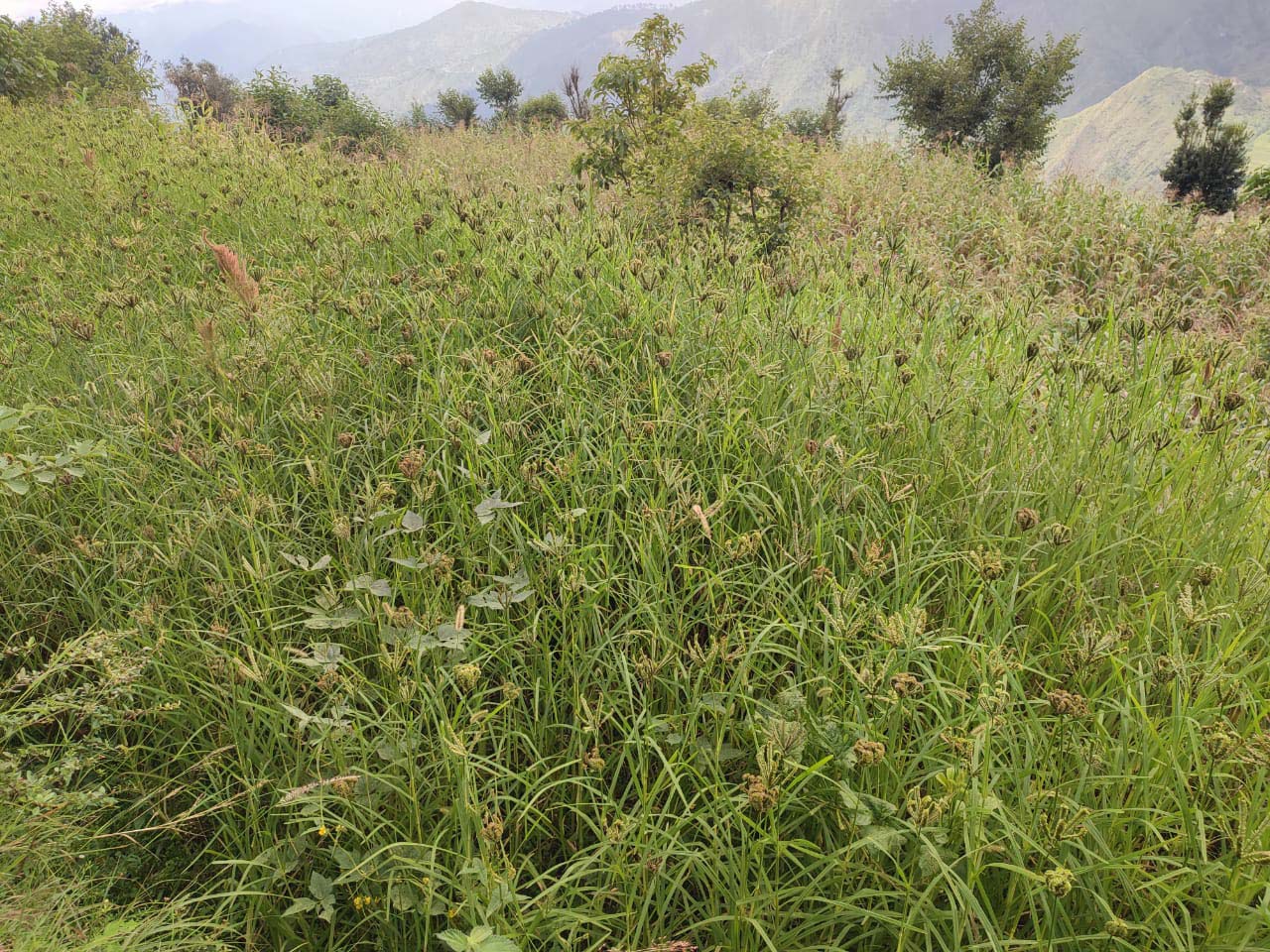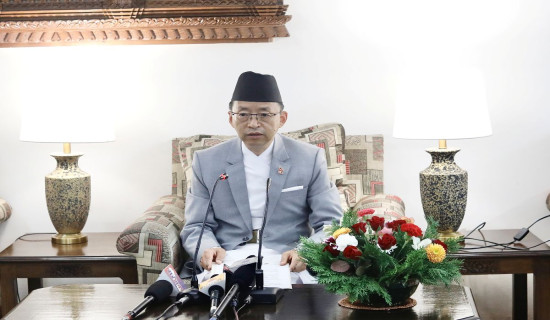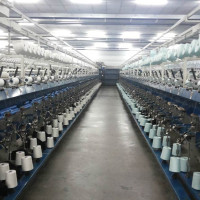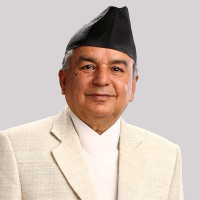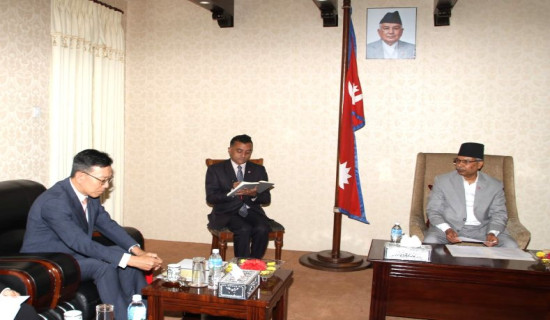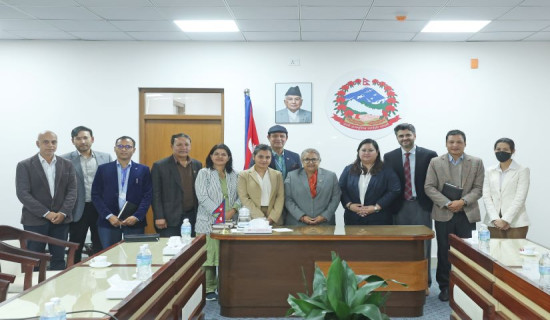- Friday, 7 November 2025
Malnutrition rises despite Koseli programme in Baitadi
By Gokarna Dayal
Baitadi, Sept. 8: Despite the implementation of the Koseli programme by local municipalities, aimed at boosting nutrition with the distribution of food items such as eggs, ghee and chicken, malnutrition among children in the district is on the rise.
The programme, led by the deputy head of the municipality, has not effectively addressed the decreasing cultivation of local, nutritious crops such as Millet, Maduro, Chino and Buckwheat.
According to statistics from the Health Office in Baitadi, 1,934 children were found to be malnourished in the fiscal year 2022/23, with 312 classified as severely malnourished. This increase in malnutrition is linked to the diminishing cultivation of nutrient-rich local crops, which are vital for improving overall dietary health.
Tirtharaj Bhatta, head of the Health Office in Baitadi, highlighted the need for greater coordination between agriculture, animal husbandry, and health sectors to address this issue. He stressed that encouraging the cultivation of local crops such as Millet, Buckwheat and Chino is crucial for combating malnutrition.
In Melauli Municipality-9, only 60 out of 356 families have cultivated paddy, and a mere 34 families have grown wheat. The lack of agricultural activity is partly due to the migration of youth, leaving much land fallow. Ward Chairman Lokraj Bhatta noted that the municipality imports rice worth Rs. 90 million annually.
This trend is not controlled, similar issues can be observed across other municipalities as well. The district requires 58,000 metric tons of food grains annually, leading to substantial rice imports. The decline in the cultivation of indigenous crops, which are essential for good nutrition, has contributed to the increase in malnutrition, with approximately 2,000 malnourished children identified across the district’s ten local levels.
Decline of Traditional Millet Dishes
In the Far West, traditional practices of incorporating millet into the diet are fading. The custom of preparing millet pudding with local jaggery and cow ghee for pregnant women is disappearing, correlating with an increase in malnutrition. Karn Saud, Chairman of Shivnath Rural Municipality, noted that the introduction of rice, noodles, and chowmein from various companies has altered traditional eating habits.
To counteract this trend, Shivnath Rural Municipality has initiated a school lunch program prioritising locally grown millet, pulses, and grains. This effort aims to promote sustainable grain cultivation and improve nutrition.
Challenges with Advanced Seeds
Chintamani Bhatt, a leading farmer, reported that efforts by NGOs and INGOs to improve nutrition by distributing advanced seeds from multinational companies have inadvertently undermined local crop cultivation. He shared his experience of receiving advanced seeds for crops like Mustard green, Radish, and Soybeans, but noted that these have often failed to meet expectations.
Farmers have also expressed frustration over the distribution of advanced-breed chickens by these organisations. They argue that if local breed chickens were distributed instead, there would be a greater increase in poultry numbers. The discontinuation of these programmes has led to a shortage of even basic resources like vegetable seeds. As the district grapples with rising malnutrition, there is a clear need to realign nutritional programmes with local agricultural practices and support the cultivation of traditional crops fortified with nutrients.

